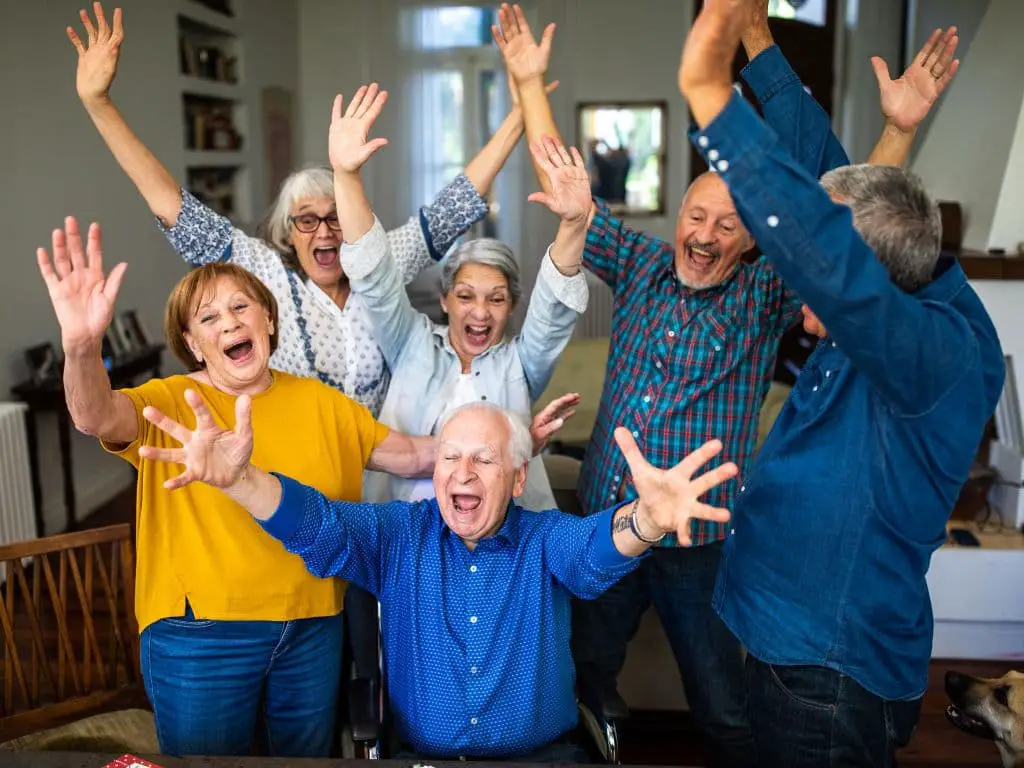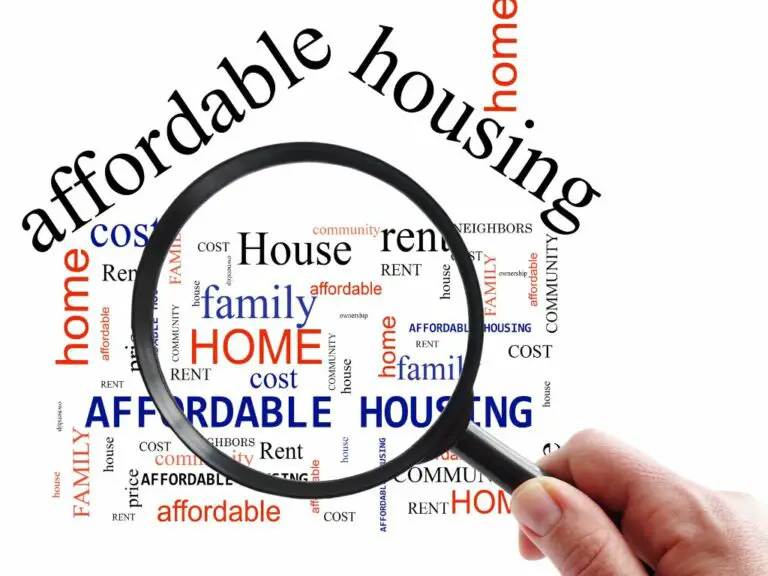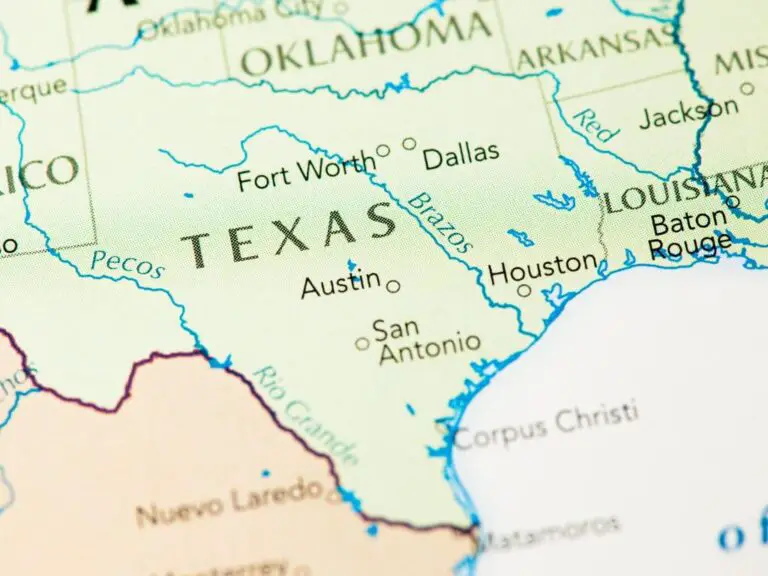Who Regulates Retirement Homes in BC?
As the senior and elderly population grows in British Columbia, there is an increasing need for safe, regulated housing options. Choosing a retirement home is an important decision that helps ensure quality of life and appropriate levels of care as we age. For many seniors and their families, understanding who oversees and regulates retirement communities can provide peace of mind that proper standards are being met.
Retirement homes in British Columbia are regulated primarily by the Office of the Assisted Living Registrar and Health Authority Community Care Facility Licensing programs. These bodies administer the Community Care and Assisted Living Act, oversee licensing, set health and safety standards, conduct inspections, enforce provincial standards, and investigate complaints.
The province has legislation in place to license and monitor retirement homes through various governing bodies. With regulated staffing, policies and procedures, retirement residences can better meet the needs of agingindividuals, even those with chronic illness, disabilities or dementia. Knowledge of the requirements and complaint processes helps families make informed choices when exploring housing for their loved ones.

Who Is Responsible for Regulating Retirement Homes in BC?
In British Columbia, regulation of retirement communities falls primarily under two key groups:
- The Office of the Assisted Living Registrar
- Health Authority Community Care Facility Licensing programs
The Office of the Assisted Living Registrar is responsible for administering the Community Care and Assisted Living Act. This legislation governs licensing and sets specific standards for health, safety and care. The Registrar provides oversight by reviewing license applications, inspecting homes and investigating any complaints.
Health Authorities also play a role through their Community Care Licensing departments. These programs conduct inspections and help enforce provincial standards outlined in the Residential Care Regulation. This covers areas like nutrition, recreation, medication management and record keeping.
What Are the Requirements for a Retirement Home to Be Licensed in BC?
In order to operate legally, a retirement home in British Columbia must be licensed under the Community Care and Assisted Living Act. To qualify for licensing, residences must meet certain criteria related to:
- Owner screening
- Staff training and criminal record checks
- Policies and procedures
- Physical building requirements
- Hygiene and infection control
- Storage and handling of medication
- Nutrition standards
- Recreation activities
These requirements are based on the Adult Care Regulations which provide specific guidelines around care plans, health services and protecting vulnerable adults. Homes are re-evaluated through regular licensing renewals and site visits.
What Are the Health and Safety Standards That Retirement Homes in BC Must Meet?
Maintaining health and safety is a critical part of the licensing requirements. Retirement homes must demonstrate how they will support residents’ well-being through:
- Staffing levels and training
- Food safety and meal preparation
- Infection prevention and control measures
- Emergency plans
- Safe medication administration
- Falls prevention
- Maintaining mobility through physical activity
Particular focus is paid to hygiene practices like hand washing, laundry procedures and sanitizing high touch surfaces. Ensuring nutritional needs are met through menu planning, food quality and accommodation of therapeutic diets is also inspected.
How Can I Make a Complaint About a Retirement Home in BC?
If an individual has concerns about the care or services at a licensed retirement residence, they can lodge a complaint through the Office of the Assisted Living Registrar. Complaints can be made via phone, email or mail.
When submitting a complaint, include details like:
- The name and address of the retirement home
- A description of the concern
- Relevant dates and times
- Any steps already taken
- Contact details for follow-up
The Registrar will review the complaint and conduct further investigation through site visits or document reviews. All health-related complaints are forwarded to the local Health Authority.
What Are the Resources Available to Help Seniors Find Safe and Affordable Housing?
Finding suitable housing is a major consideration for aging adults and their families. There are several resources that can help navigate the options:
- Health Authority placement coordinators assist with placements in licensed care homes or long-term care if needed.
- Community agencies like the Seniors Services Society provide information on housing choices and financial aid programs.
- The BC Housing Registry connects seniors with subsidized retirement communities.
Non-profit societies and government agencies are available to information and support around housing for seniors. Consulting services can also help match individuals with retirement living options suited to their care needs and budget.
How Can I Plan for My Own Retirement and Ensure That I Have the Care I Need?
Forward planning is essential to make sure suitable housing and services are available in later life. Important steps include:
- Discussing wishes with family members regarding lifestyle, activities and healthcare.
- Getting on waitlists for desired retirement communities or long-term care homes.
- Reviewing finances to determine budget for housing costs and explore financial assistance options.
- Identifying care needs that may arise such as assistance with mobilizing, bathing or dementia care.
- Touring potential retirement homes to evaluate amenities, care levels and community culture.
- Completing legal documents like wills, representation agreements and advance directives.
- Organizing records including medical history, assets and contacts to simplify transitioning into supportive living.
Proper planning provides greater control and eases the transition when the time comes to move into retirement living.
Conclusion
Selecting a retirement community is an important decision that allows seniors to live comfortably and safely. British Columbia’s licensing and regulation through the Assisted Living Registrar and Health Authorities provides oversight to ensure standards are met.
Knowing the regulatory requirements, health and safety policies and complaint processes gives families confidence that their loved one is receiving proper, resident-centered care. With the right information and planning, the transition into retirement living can be smooth, allowing aging adults to maintain health and quality of life.
Frequently Asked Questions
-
Is long-term care free in British Columbia?
What is the cost of long-term care? You will be charged a monthly fee of as much as 80 percent of your income for long-term, publicly subsidised care services. This is subject to an annual minimum and maximum rate.
-
How much does private home care cost in BC?
You can choose to stay at home and pay between $15-$75 an hour depending on what level and type of care you need.
-
How much do old age homes cost in Canada?
The majority of residents in retirement communities have to pay rent monthly for their accommodation. In Canada the average monthly fee is between $1,453 and $4,500. It depends on how big and whereabouts the accommodation is located, what type of community it is, as well as the quality and quantity of amenities.
-
Who pays for assisted living in Ontario?
The government pays for all personal and nursing care in Ontario. You will need to cover the cost of accommodation, including room and board. A government subsidy up to $1848.73 per calendar month can be applied for.
-
Are next of kin responsible for care home fees?
This amount will not be paid by the next of kin, rather it will come out of the estate. The amount due will be owed to the estate if this person has a Deferred Payment Agreement. This agreement must be completed within 90 days of their death.
-
What is assisted living in Ontario?
Assisted Living is a type of assisted living that provides care in a comfortable home. This may include help with dressing, washing, and taking medication. Additional services are available to meet changing needs.
-
How long can you leave B.C. without losing healthcare?
Individuals may be eligible for coverage if they are temporarily out of the province while on vacation or working.
-
Who regulates retirement homes in BC?
Assisted living may be funded or private. The Office of the Assisted Living Registrar regulates assisted living in BC. Seniors who are unable or unwilling to take care of themselves can be provided with housing, professional nursing, and hospitality.
-
Does a wife have to pay for husband’s care?
Is your spouse/partner responsible for paying your healthcare costs? You may be wondering if one spouse is responsible for paying the care of the other.
-
Are you legally responsible for your elderly parents Canada?
Section 215 in Canada’s Criminal Code imposes an obligation on parents to provide the necessities of life for their children (food, shelter and clothing).
-
How long do you have to live in B.C. to become a resident?
The following requirements are required to be a resident: Must be a Canadian citizen or lawfully admissible to Canada as a permanent resident; must reside in B.C. ; and. Must be present physically in B.C. Minimum six months or less in any calendar year.
-
Does the Canadian government pay for nursing homes?
Long-term care home residents pay accommodation rates set by their province. Care is paid by the provincial government. The resident pays all costs associated with accommodation and care in retirement homes. There is no funding from the federal or provincial governments.
-
Can you be a resident of two provinces?
On December 31, a person may be counted as a resident in more than one province. If you are ordinarily a resident of Qubec but live in another province, territory or country on the 31st of each year, this can occur.
-
How much money are you allowed to keep if you go into care?
How much can I keep in my personal account for expenses? A minimum of 25.65 per week is allowed for personal expenses. A personal allowance of 5.90 could also be available to pension credit holders (savings credit).
-
What is the difference between assisted living and care homes?
The quality of the care provided by nursing homes is what makes them unique. Assistive living is when your parent receives assistance with daily activities. A resident in assisted living can for most of the time still care for themselves.






